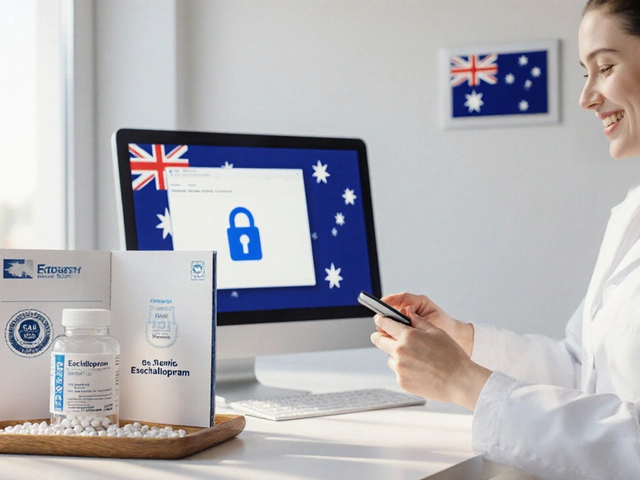Home Prevention: Easy Steps to Keep You and Your Family Healthy
Feeling sick at home is frustrating, but a few everyday changes can cut the risk dramatically. By treating your house like a mini‑clinic, you boost immunity, lower germs, and feel better faster. Below are no‑nonsense actions you can start today.
First, master hand hygiene. Wash with soap for at least 20 seconds before meals, after using the bathroom, and when you come in from outside. If soap isn’t handy, keep an alcohol‑based hand rub at the kitchen sink and in the bathroom. Hand cleaning is the cheapest, most effective barrier against colds, flu, and food‑borne bugs.
Everyday Habits That Reduce Illness Risk
Keep high‑touch surfaces—doorknobs, light switches, remote controls—cleaned daily. A simple spray of diluted bleach (1 tablespoon per quart of water) or an EPA‑approved disinfectant works wonders. Focus extra care on the bathroom, especially the toilet handle and faucet.
Air matters too. Open windows for 10‑15 minutes each day to let fresh air circulate. If you live in a dusty area, use a HEPA filter or an affordable box fan with a filter attached. Changing HVAC filters every three months also cuts airborne allergens and viruses.Nutrition at home fuels your immune system. Pack your fridge with vitamin‑C‑rich fruits, leafy greens, and lean proteins. A quick smoothie of orange, spinach, and yogurt gives a daily boost without extra prep.
Sleep isn’t a luxury; it’s a defense tool. Aim for 7‑9 hours each night. Dim lights an hour before bed, avoid screens, and keep the bedroom cool (around 65°F). Consistent sleep reduces inflammation and helps your body fight off infections.
Stress can weaken immunity. Simple breathing exercises—inhale for four counts, hold for four, exhale for four—lower cortisol in minutes. Try a five‑minute stretch routine after work to reset your nervous system.
Smart Home Choices for Long‑Term Wellness
Invest in a good water filter if you rely on tap water. Removing chlorine and heavy metals reduces irritation and supports skin health. A filtered pitcher costs less than a bottle of distilled water each month.
Consider a small supply of over‑the‑counter basics: acetaminophen, ibuprofen, antihistamines, and a basic first‑aid kit. Knowing where they are saves time when symptoms appear.
Vaccines are a cornerstone of prevention. Keep a calendar of your flu shot, COVID boosters, and any travel vaccines. Your local pharmacy can send reminders—sign up and let them handle the timing.
When you’re sick, isolate in one room, use a separate bathroom if possible, and wear a mask at home. This limits the spread to other family members and speeds recovery.
Finally, keep a tidy living space. Clutter hides dust and mold, both of which can trigger allergies and asthma. Spend ten minutes each evening clearing surfaces and putting things back. A tidy house feels calmer, and a calm mind supports a stronger immune response.
These habits don’t need fancy gadgets or big budgets. They’re small actions that add up to a healthier home. Start with one change—maybe a nightly hand‑wash routine—and build from there. Your body will thank you with fewer sick days and more energy to enjoy life.
How to Protect Your Family from Worm Infections at Home
Learn practical steps to stop worm infections at home. From hygiene habits to safe play, deworming schedules and quick screenings, keep your family parasite‑free.
View More




